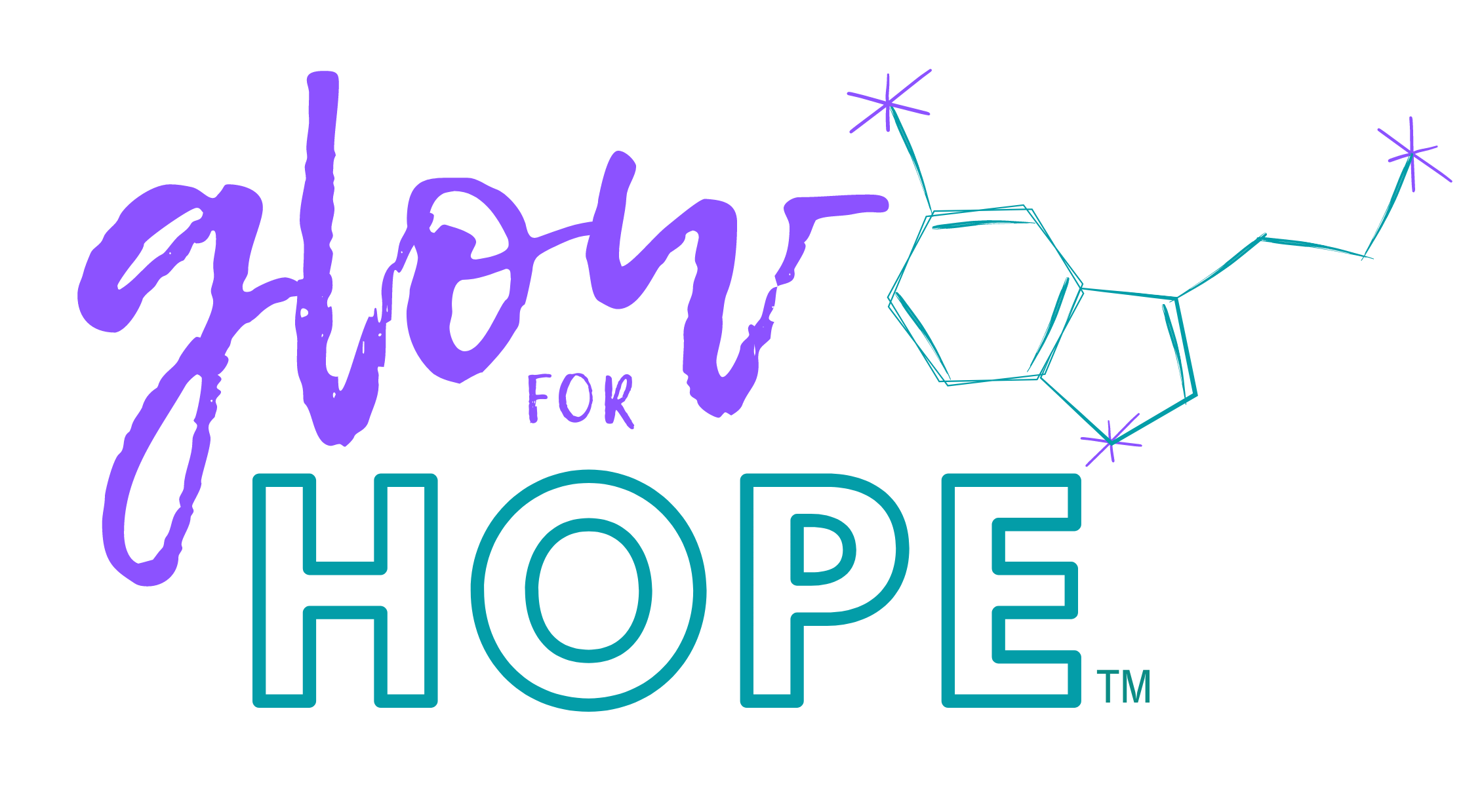Mental Illness vs. Mental Disorder: What’s the Difference? with Dr. Arcella Daniels
We often use mental illness and mental disorder like they’re the same—but are they? Dr. Arcella Daniels breaks down the continuum of mental health, why adjustment disorders are more common than you think, how to know when it’s time to seek help, and why the right therapy fit matters. We also explore the connection between physical health, medications, and mental health symptoms.
Podcast: Play in new window | Download (Duration: 52:51 — 48.4MB) | Embed
Subscribe Apple Podcasts | Spotify | Amazon Music | Android | Pandora | iHeartRadio | Blubrry | Podchaser | Deezer | Youtube Music | RSS | More
What You’ll Learn
- How professionals think about a continuum of mental health—not just “sick” vs. “well.”
- What an adjustment disorder is and why everyday stressors (moving, new job, parenting) can trigger it.
- When anxiety is expected—and when it’s impairing enough to seek support.
- How physical conditions (e.g., thyroid, anemia) and some medications can mimic anxiety/depression.
- Why language matters (using “mental health concerns” to reduce stigma and avoid identity labels).
- Different therapy orientations (Behavioral, CBT, ACT, Solution-Focused) and how to find a good match.
- When inpatient care is appropriate vs. outpatient therapy and medication management.
- What a proactive “mental health tune-up” looks like during big life transitions.
Guest Spotlight
Dr. Arcella Daniels, PhD, LPC, ACS, CPCS is a licensed psychologist, counselor, and clinical supervisor with 30+ years of experience in schools, outpatient clinics, and private practice. She now trains the next generation of therapists through her work with Peak Development Group.
Key Quotes
Resources & Next Steps
- Find providers via Psychology Today and compare therapy orientations.
- Start the conversation with a friend using Seize the Awkward prompts.
- Ask your primary care provider to rule out physical contributors (labs, medications review) when symptoms appear.
Next Episode
Dr. Debra Muth joins us to discuss mental health and chronic pain.
Support the Show
- Share this episode to help someone feel less alone.
- Subscribe and leave a review so others can find Glow For Hope.
- Donate to fuel community-based suicide prevention and mental health education.
Crisis Resources
If you or someone you know is in crisis, dial 988 in the U.S. for the Suicide & Crisis Lifeline (24/7). For international hotlines, visit findahelpline.com.
Disclaimer: This podcast does not provide medical advice and is not a substitute for professional care. Always consult your healthcare provider.

Recent Comments